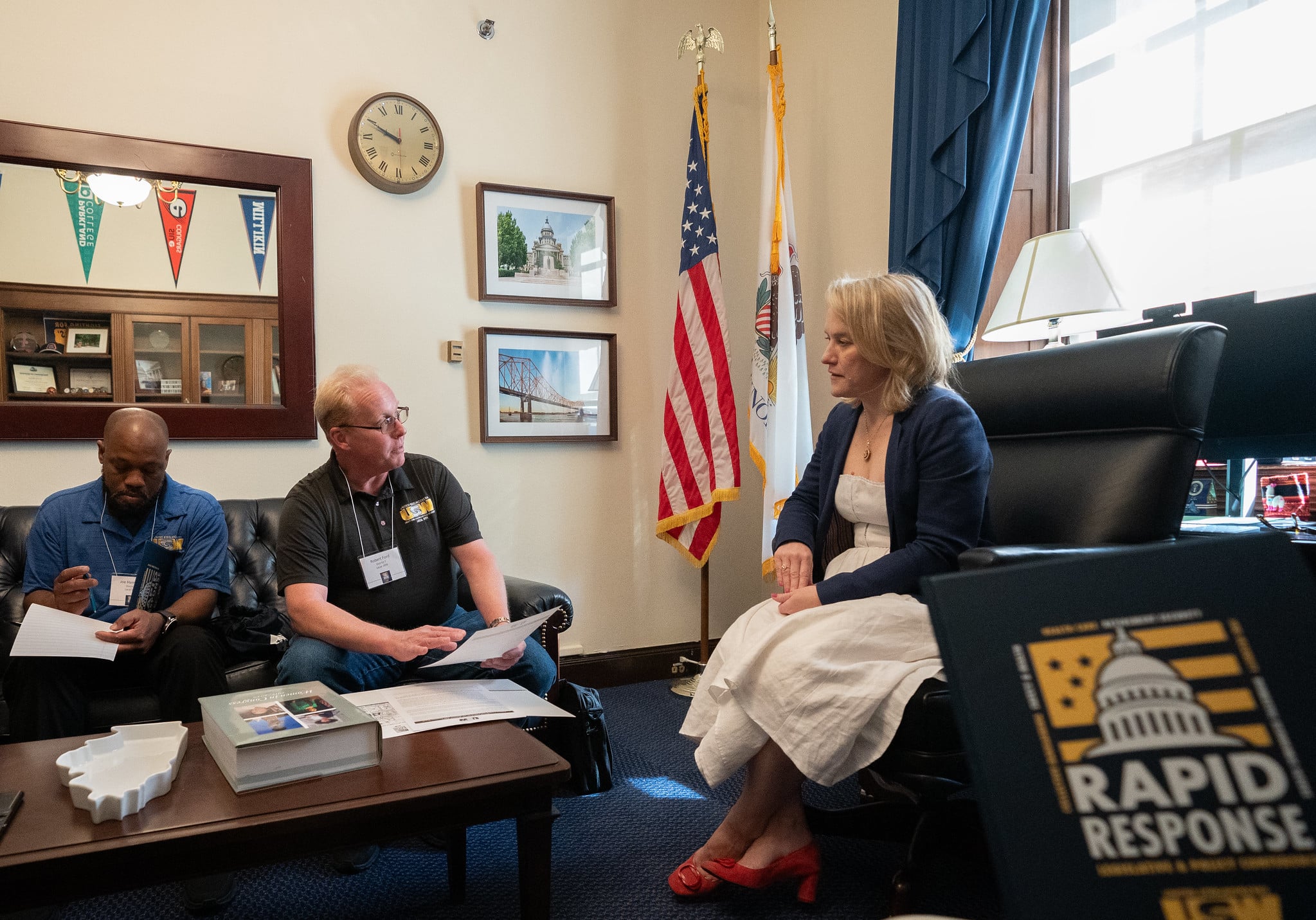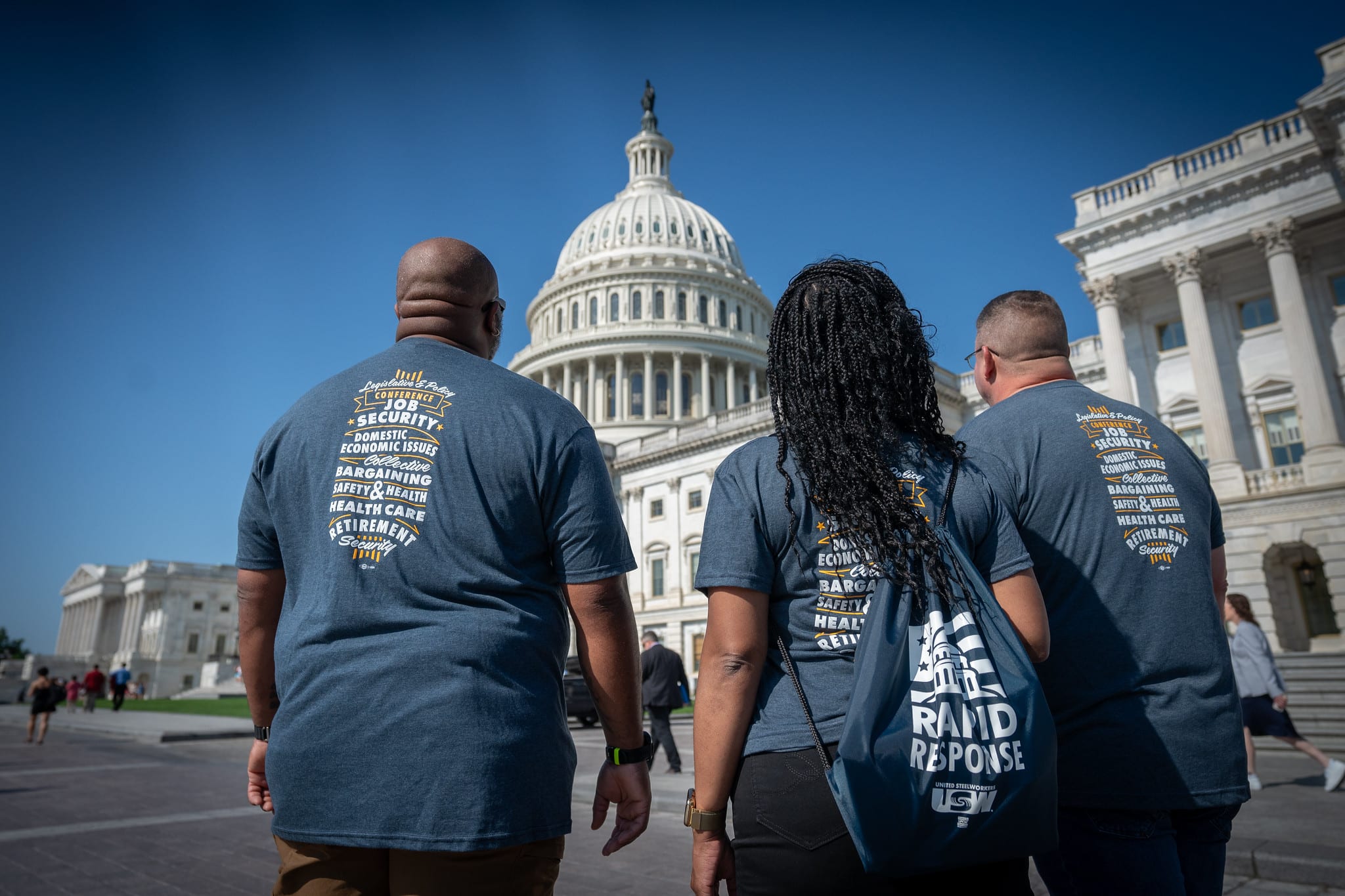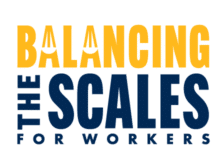USW Members Make Their Voices Heard! House Passes Protect…
Current Actions
Building Worker Power
Rapid Response is the Steelworkers’ nonpartisan grassroots education, communication and action program. It informs members about pending labor and work-related legislation, from advancing health and safety to protecting our right to bargain strong contracts. Through Rapid Response, all USW members have a voice in government decisions and legislative actions that affect them, their workplaces and their communities.
Upcoming Events










Stay Connected
Want a voice in government decisions? Sign up for Rapid Response to stay updated on important current legislative issues that could impact our lives.

Amber Miller
Director, Rapid Resonse
Get Rapid Response Updates in Your Inbox
Want to Learn More?
See how the USW is making a real difference in our communities and our workplaces.





